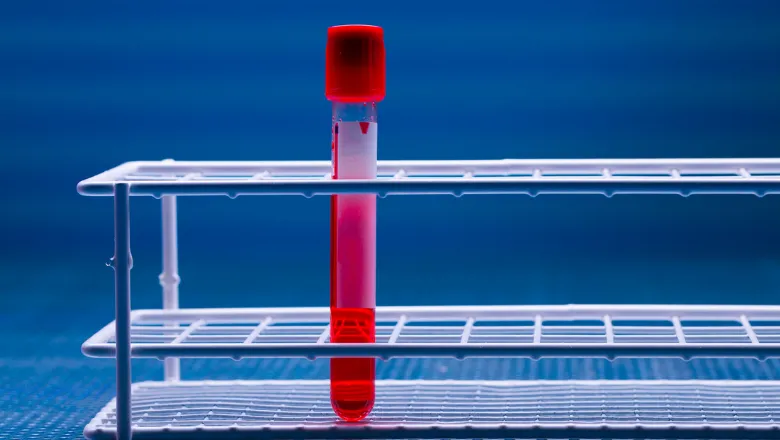The important issues to explore include acceptability and uptake of the test, how best to communicate results, and the psychological and behavioural impact of different possible results. We are addressing some of these issues in our team, with a particular focus on potential social inequalities.
Dr Jo Waller, Reader in Cancer Behavioural Science
27 June 2022
Researchers examine multi-cancer early detection tests from a behavioural science perspective
Researchers from the School of Cancer & Pharmaceutical Sciences, led by Dr Jo Waller, have recently published a piece in the Lancet Oncology which aims to highlight some of the psychological and behavioural issues that need to be considered for potential cancer screening using multi-cancer early detection (MCED) blood tests.

MCED screening would involve a simple blood test which would look for many types of cancer, making it very different from existing screening programmes which only look for one type of cancer and often involve a more invasive test such as a Pap smear or mammogram.
The NHS-Galleri trial will assess whether the Galleri test – a multi-cancer blood test developed by a company called GRAIL – can find cancer earlier when it is combined with standard cancer testing, compared to the usual NHS care.
As part of this trial, the team are assessing psychological outcomes among participants who have a cancer signal detected in their blood. They are doing this by using surveys and conducting in-depth interviews to understand whether a positive cancer signal result causes anxiety and distress, and how people might typically make sense of their result. The interviews in particular will help the team to understand people’s experiences of receiving the result and having further tests to see if they actually have cancer.
MCEDs offer significant promise for accelerating early cancer diagnosis and improving outcomes for patients. This research will help address questions not only relating to uptake of the test, but the communication of results and the impact this then has on patients psychologically and behaviourally.
MCED tests have huge potential to improve the early diagnosis of cancer and save lives. To achieve this, in addition to the technology, we also need effective behavioural research. This research could help address social inequalities by improving uptake amongst groups who currently have lower rates of screening and early diagnosis and consequently poorer cancer outcomes.
Sue Duncombe, Consumer representative co-author
